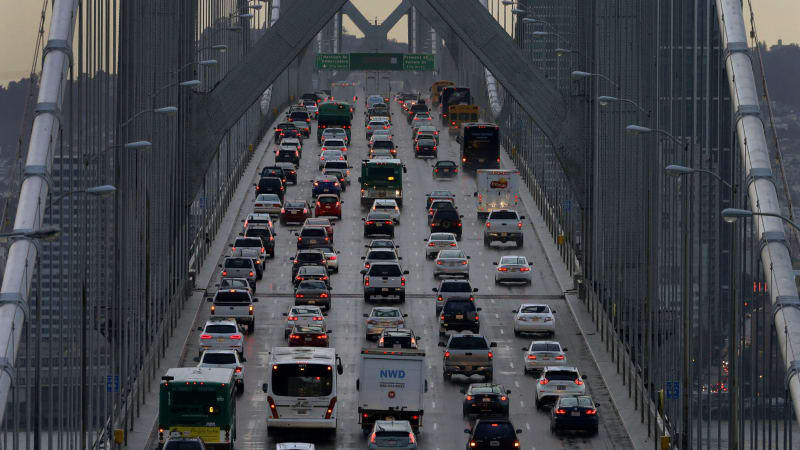Audi Repair Shop Doylestown
Call 267 279 9477 to schedule a appointment

WASHINGTON — U.S. President Donald Trump’s administration has formally ended talks with California over federal plans to roll back fuel economy rules, the White House said on Thursday, setting the stage for what could be a lengthy legal fight over the state’s ability to regulate greenhouse gas emissions.
California could be joined in any court fight by 12 other states that have adopted its standards and want stricter rules to fight climate change. Several other states have also demanded the administration abandon its August proposal to freeze federal fuel efficiency standards after 2020 and take away California’s ability to impose stricter emissions rules.
The administration has said tighter emissions controls would make automobiles too expensive.
“The administration is moving forward to finalize a rule later this year with the goal of promoting safer, cleaner and more affordable vehicles,” the White House said in a statement.
California has been allowed to set state standards that are stricter than federal rules under an exemption granted by the Environmental Protection Agency, known as the California waiver or California mandate, because of pollution problems especially in Los Angeles. The administration wants to revoke that waiver, saying California should not “dictate” policy for the rest of the country and arguing that another law pre-empts California from setting its own vehicle rules.
California Attorney General Xavier Becerra said the administration’s decision to scrap the talks was a sign of its “weakness and fallibility.”
“California and states throughout America are prepared to defend our national Clean Car standards even if the Trump administration intends to go AWOL,” he said in an email statement.
California Air Resources Board Chair Mary Nichols said the end of negotiations was “unfortunate.”
General Motors said it was “disappointed” that the talks ended.
GM, Ford Motor Co and Fiat Chrysler Automobiles generate most of their global profits from U.S. sales of large pickup trucks and sport utility vehicles. All three have discontinued or plan to drop small and medium-sized sedans from their lineups, making it harder for their fleets to meet tighter emissions standards. But they have opposed the Trump administration’s plan to freeze standards, instead asking the feds and California to agree to one set of more moderate annual increases than they had agreed to under the Obama administration.
The Obama-era rules would require automakers roughly to double average fuel efficiency by 2025, sharply reducing emissions of carbon dioxide, which is linked to climate change. It was one of that administration’s most significant climate policy actions.
“We continue to prioritize the need for one national program and remain hopeful that the parties can find a solution to achieve this goal,” GM said, adding that it was committed to “an all-electric future.”
Ford said that it wanted “regulatory certainty, not protracted litigation.”
“A coordinated program with every stakeholder is in the best interest of Ford’s customers, and is the best path forward to achieve reductions in carbon dioxide emissions,” Joe Hinrichs, Ford president of global operations, said in a statement.
An administration official familiar with the negotiations said California had failed to compromise. Instead, the official said, the state insisted on sticking with tougher Obama-era mandates and it would offer only a short extension in applying them.
The official also said California “demanded” that the federal government “surrender” authority to set emissions and economy standards for the rest of the country.
Trump escalated his administration’s power struggle with California on Tuesday, when the administration canceled $929 million in federal funds for a California high-speed rail project. The state’s governor said the move was in retaliation for California leading a 16-state coalition challenging Trump’s national emergency to obtain funds for building a U.S.-Mexico border wall.
Senator Tom Carper of Delaware, one of 13 states that have adopted California’s standards, said he was “deeply disappointed” by failure of the talks.
“Repeatedly, I have urged this administration to strike a deal with the State of California and seize the win-win opportunity to keep the American auto industry globally competitive and create more good paying jobs here at home while protecting our environment,” he said in a statement.
from Autoblog https://ift.tt/2Xgx3Tq